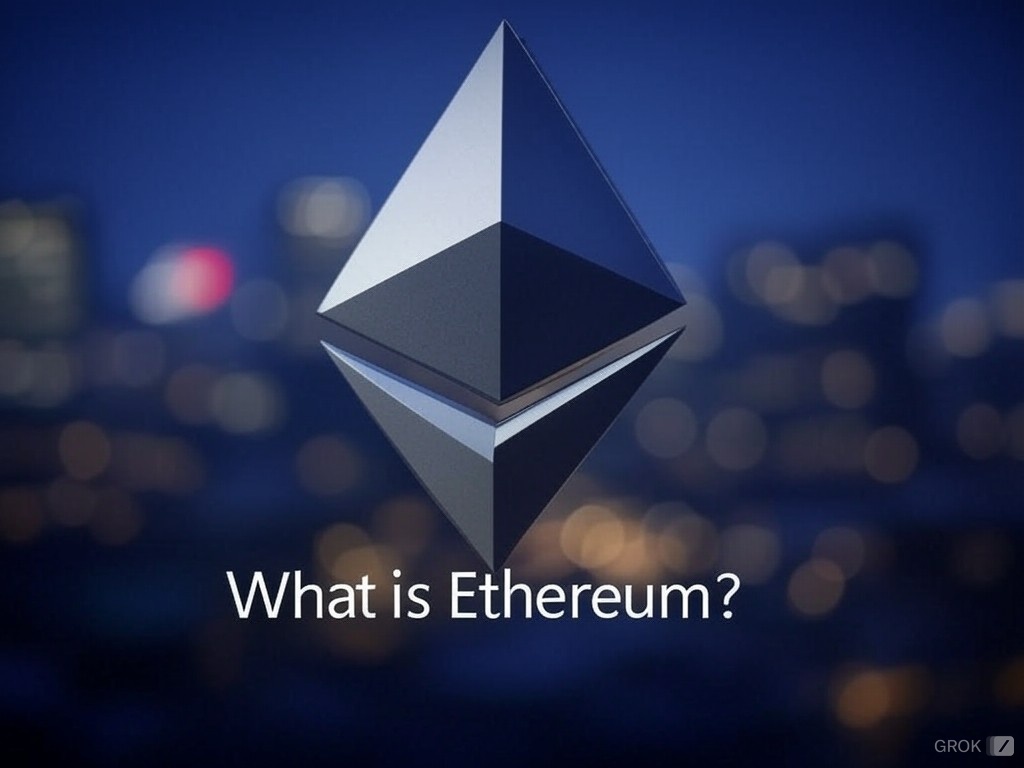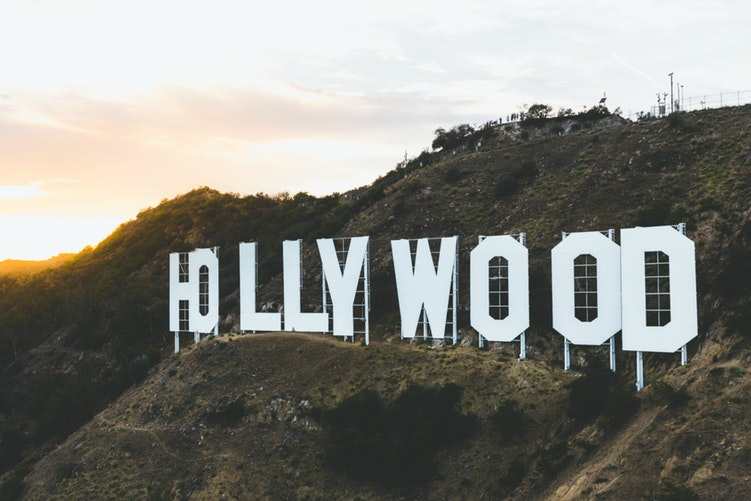

The tension between the entertainment industry and the AI sector reached a new peak on Tuesday, March 18, 2025. More than 400 prominent figures, including Mark Ruffalo, Paul McCartney, Cynthia Erivo, Cate Blanchett, and Chris Rock, signed an open letter to the Trump administration. Their call: enforce existing copyright protection against the training practices of AI companies. This comes in response to a plea from tech giants Google and OpenAI to relax these laws, something the creative sector sees as an existential threat.
The letter follows a call from the White House in February 2025 for public input on an AI action plan. This plan, intended to strengthen America’s leading position in the global AI race, received proposals last week from Google and OpenAI. They advocate for a broader ‘fair use’ interpretation, allowing their AI models to train on copyrighted material without permission or compensation. The letter states:
“America’s AI leadership should not come at the expense of our creative industries. The arts and entertainment sector supports 2.3 million jobs and generates $229 billion in wages annually, while strengthening America’s soft power globally.”
The signatories form an impressive list: from Rian Johnson (Star Wars: The Last Jedi) to actresses Aubrey Plaza and Carrie Coon, and director Taika Waititi (Thor: Ragnarok). Their concern: AI companies like OpenAI – valued at $157 billion – and Google ($2 trillion) want access to films, music, books, and voices at all costs, without paying the creators. A Google spokesperson defended their position to Decrypt:
“The current fair use framework provides a solid foundation for innovation. We are confident that copyright law supports AI progress.”
Critics warn that a broader fair use doctrine – which now allows limited use of protected work without permission – would be a disaster. “This goes beyond entertainment,” the letter emphasizes. “It affects all knowledge industries: writers, publishers, photographers, scientists – anyone who creates intellectual property.” An example: if AI can freely consume books and articles, authors lose their business model, while tech giants earn billions from the output.
In its proposal, OpenAI pointed to SB-1047, a bill from California Senator Scott Wiener in 2024. This would create a ‘sandbox’ in which AI companies can experiment without liability risks, separate from strict state rules. “This keeps the US competitive by freeing innovation from regulatory uncertainty,” claims OpenAI. However, the proposal is sensitive: opponents fear it places AI above the law, a concern shared by the entertainers.
The timing is no coincidence. Trump’s pro-tech stance – with promises of an ‘AI Action Plan’ since his re-election – clashes with the creative sector, which has been struggling with AI for years. Think of the Hollywood strikes of 2023, where actors and writers demanded protection against digital clones. The letter points out:
“Google and OpenAI have the resources to negotiate licenses, as any industry does. There is no excuse to undermine copyright.”
Yet AI’s influence is growing: in September 2024, Lionsgate already struck a deal with Runway to train on films, a sign that some studios are trying to turn the tide.